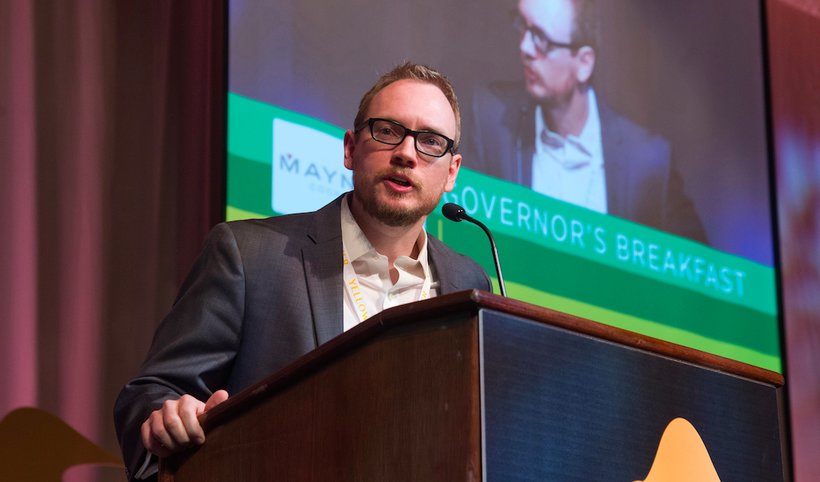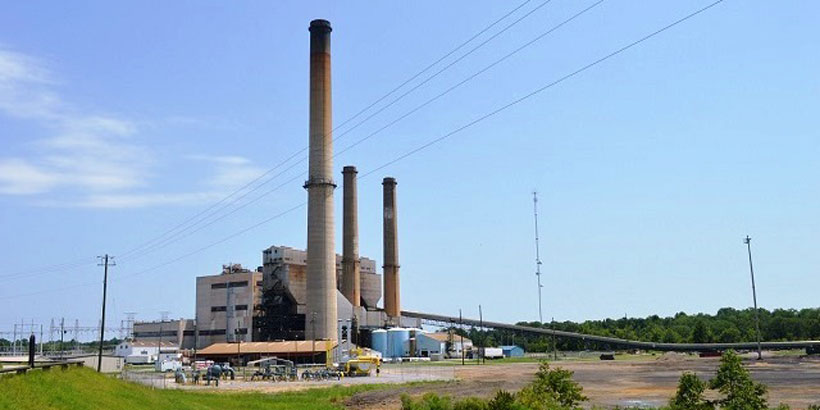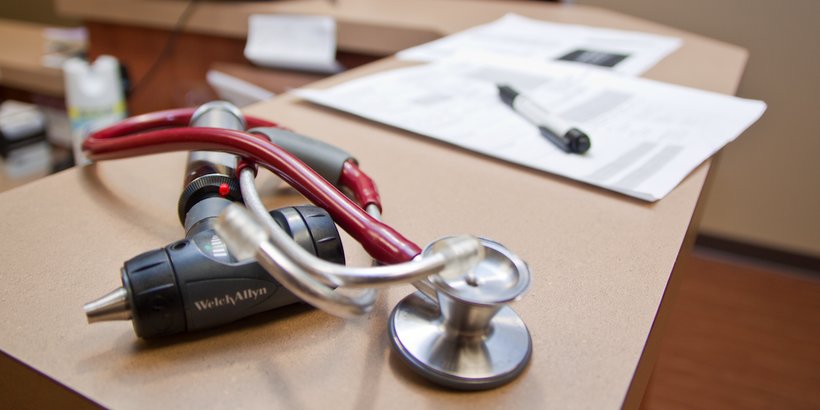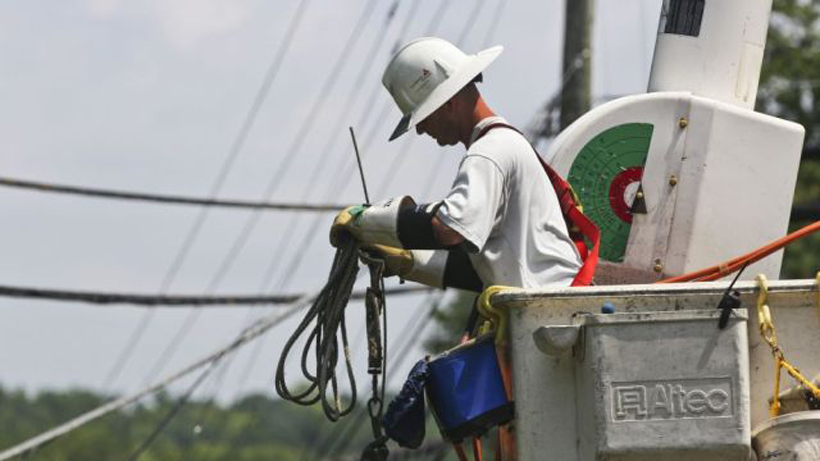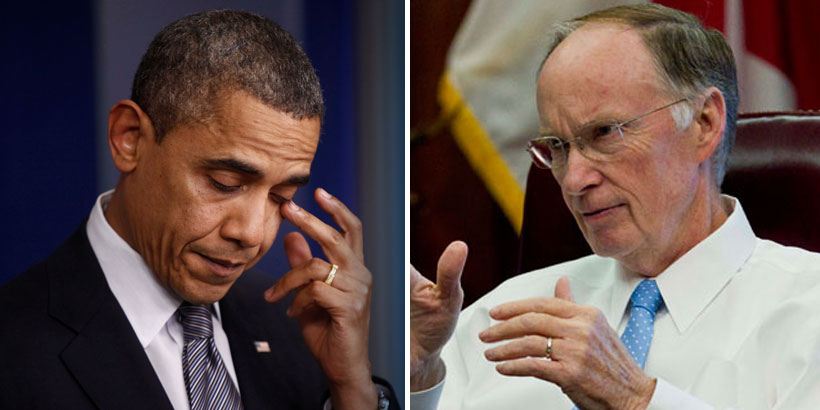
Birmingham is in the middle of numerous revitalization efforts focusing on our urban communities. Refurbished houses, apartments, schools and business districts give areas a more appealing look. The hope is that these cosmetic changes will entice businesses to locate in the area and improve job opportunities for the residents, who will in turn be motivated to take more pride in their community and proactively change their lives for the better.
In many ways, the revitalization efforts are working.
Regions Field has proven to be a genuine catalyst for growth. The city’s entrepreneurial and tech scenes are expanding. UAB’s reputation as a world-class research institution is well established, and is spurring the growth of pharmaceutical and biomedical industries. Numerous companies, including us here at Yellowhammer, have joined the resurgence by moving their headquarters downtown.
Many people have taken to calling Birmingham “Comeback Town,” and rightfully so.
But these well-meaning revitalization efforts sometimes displace the very people they are seeking to help. As urban communities are transformed, the poor in the area can no longer afford the rising cost of rent, goods and services, and taxes produced by the new development. They end up having to move to areas that look a lot like their community did before the revitalization began.
These efforts also tend to do very little to help impoverished residents who face obstacles to gaining employment, especially those with criminal records or others who have dropped out of school and given up hope of moving beyond their current situation.
But what if there was a way to enhance Birmingham’s revitalization efforts by empowering the city’s impoverished citizens — preparing them to get a job, keep a job, and ultimately become homeowners and stakeholders in their community, changing the city from the inside-out?
Well, that sounds great, of course — but a little unrealistic.
Except it’s not.
That is exactly what has been happening since WorkFaith Birmingham was founded in 2013.
WorkFaith is a is a non-profit Christian ministry that provides workforce preparation, job placement and long term support for adults in transition, and the chronically unemployed in Birmingham. Since its inception, a stunning 80 percent of the program’s graduates — many of whom have a criminal record or other significant barrier to employment — have obtained and retained a job for over a year.
“We help participants move forward in life through work and faith, utilizing the skills taught in a nine-day, 60-hour, 12-core-competency training,” explains WorkFaith’s Walvid King. “We specialize in assisting adults who struggle to get a job and keep a job due to challenging life issues.”
Dozens of Birmingham employers have flocked to the program, eager to hire driven individuals who have a sincere desire to work and attain the dignity that comes with it.
This Thursday morning, Nov. 19th, individuals who are serious about ensuring the sustainability of Birmingham’s resurgence will have an opportunity to rally behind WorkFaith by participating in the organization’s third annual Leadership Breakfast.
The breakfast is scheduled for 7:00 a.m. at Regions Field. The featured speaker for the event is the founder and executive director of The Center for Executive Leadership, Richard E. Simmons, III. Mr. Simmons is a renowned author and will be speaking on his book, “A Life of Excellence,” which lays out three principles he believes can set anyone’s life on a pathway to success.
To get tickets to this event, visit WorkFaithBhm.org, or call 205-545-5000.
If we are really committed to making Birmingham a true “Comeback Town,” it’s got to be about more than just buildings and infrastructure. It’s got to be about people — about rebuilding lives.
I hope you will join me in supporting WorkFaith Birmingham, and give fellow residents of the Magic City an opportunity to create a comeback story of their own.






